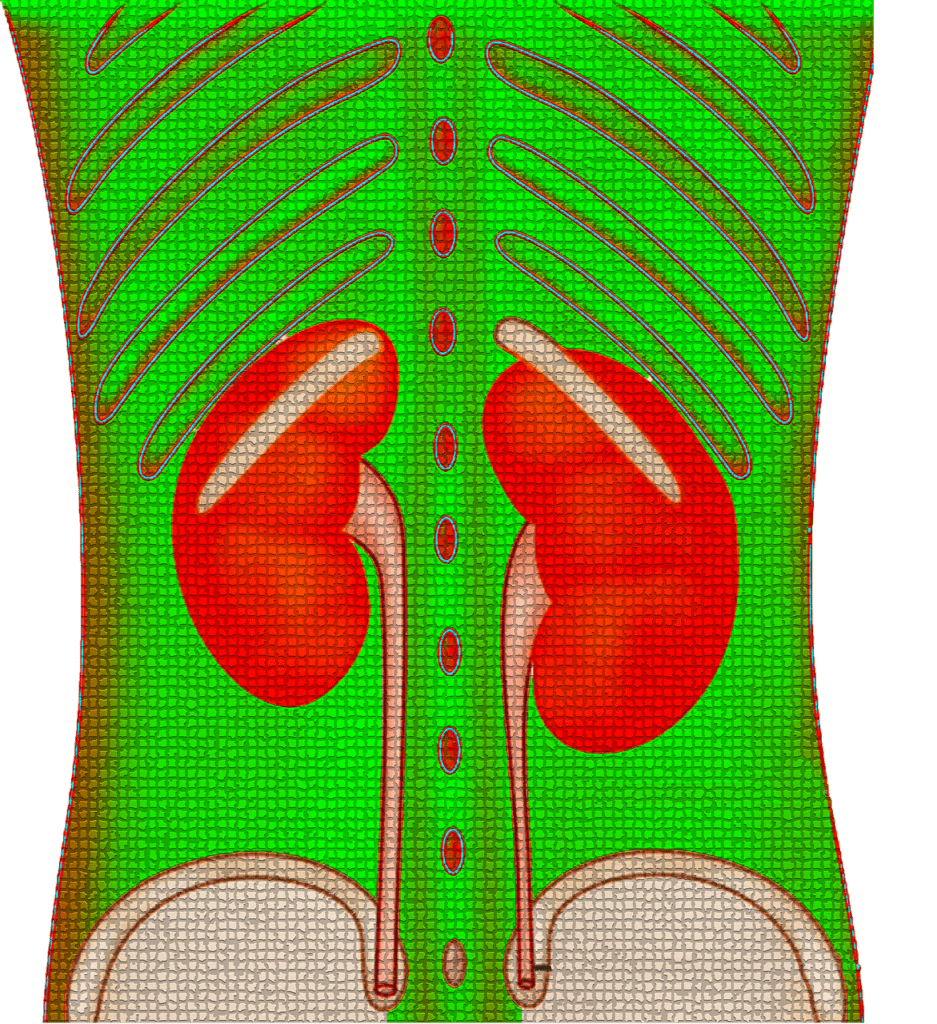Urinary retention is a condition where you have trouble emptying your bladder completely, or you may not be able to urinate at all. It can affect both men and women, and people of all ages, although it’s more common in older adults. Urinary’s retention can be acute or chronic, and it can have a significant impact on your quality of life. In this article, we’ll discuss the causes, symptoms, treatment, and prevention of urinary’s retention to help you better understand this condition.
Causes of Urinary Retention:
Urinary’s retention can be caused by a variety of factors, including:
- Obstruction: A blockage in the urinary tract, such as an enlarged prostate or a bladder stone, can cause urinary’s retention.
- Neurological disorders: Conditions that affect the nervous system, such as multiple sclerosis, Parkinson’s disease, or spinal cord injuries, can lead to urinary’s retention.
- Medications: Certain medications, such as antihistamines, decongestants, or muscle relaxants, can interfere with the normal functioning of the bladder and cause urinary’s retention.
- Weak bladder muscles: Weakening of the muscles that control urination, such as after childbirth or due to aging, can cause urinary’s retention.
- Infection: Urinary tract infections or other infections in the bladder or urethra can cause urinary’s retention.
Symptoms of Urinary Retention:
The symptoms of urinary’s retention may vary depending on the severity of the condition. Some common symptoms include:
- Difficulty starting urination
- Weak urine stream
- Dribbling after urination
- Feeling like your bladder is full even after urinating
- Pain or discomfort in the lower abdomen or pelvis
- Inability to urinate at all (in severe cases)
Treatment for Urinary Retention:
The treatment for urinary’s retention depends on the underlying cause and severity of the condition. Some common treatment options include:
- Medications: Your doctor may prescribe medications to help relax the bladder muscles or shrink an enlarged prostate.
- Catheterization: In severe cases, a catheter may be needed to help drain the urine from the bladder.
- Surgery: If the underlying cause of urinary’s retention is an obstruction, surgery may be necessary to remove the blockage.
- Bladder training: This involves retraining the bladder to improve its function and reduce urinary’s retention.
Prevention of Urinary Retention:
Although urinary’s retention may not always be preventable, there are several steps you can take to reduce your risk, including:
- Staying hydrated: Drinking plenty of fluids can help keep your bladder healthy and functioning properly.
- Avoiding bladder irritants: Certain foods and beverages, such as caffeine, alcohol, and spicy foods, can irritate the bladder and cause urinary’s retention.
- Maintaining a healthy weight: Being overweight or obese can increase your risk of urinary’s retention.
- Practicing good hygiene: Keeping the genital area clean and dry can help prevent urinary tract infections that can lead to urinary’s retention.
FAQs
Can urinary retention be a sign of cancer?
Yes, in some cases, urinary retention can be a symptom of bladder or prostate cancer. It’s important to see a doctor if you experience urinary retention, especially if it’s accompanied by other symptoms like blood in the urine or pain during urination.
Can urinary retention go away on its own?
In some cases, urinary retention may go away on its own, especially if it’s due to a temporary condition like a medication side effect or an infection. However, if urinary retention is persistent or severe, it’s important to seek medical attention to prevent complications.
Is urinary retention more common in men or women?
Urinary retention can affect both men and women, but it’s more common in men, especially as they age. This is often due to an enlarged prostate, which can obstruct the urinary tract and cause urinary retention.
Conclusion
Urinary retention is a common condition that can have a significant impact on your quality of life. It can be caused by a variety of factors, including obstruction, neurological disorders, medications, weak bladder muscles, and infection. Symptoms can range from difficulty starting urination to the inability to urinate at all. Treatment options include medications, catheterization, surgery, and bladder training, depending on the underlying cause and severity of the condition.
While urinary retention may not always be preventable, staying hydrated, avoiding bladder irritants, maintaining a healthy weight, and practicing good hygiene can help reduce your risk. If you experience urinary retention, it’s important to seek medical attention to prevent complications and improve your quality of life.

